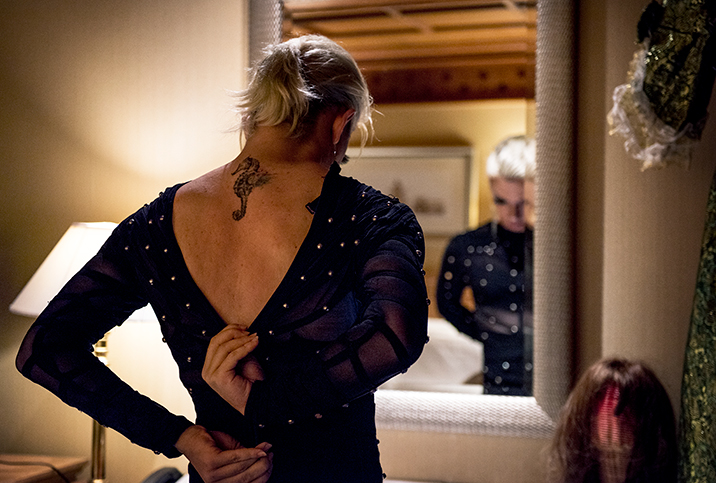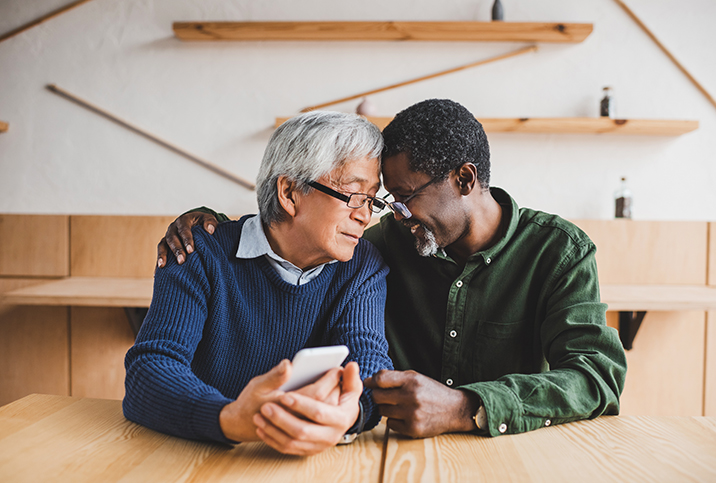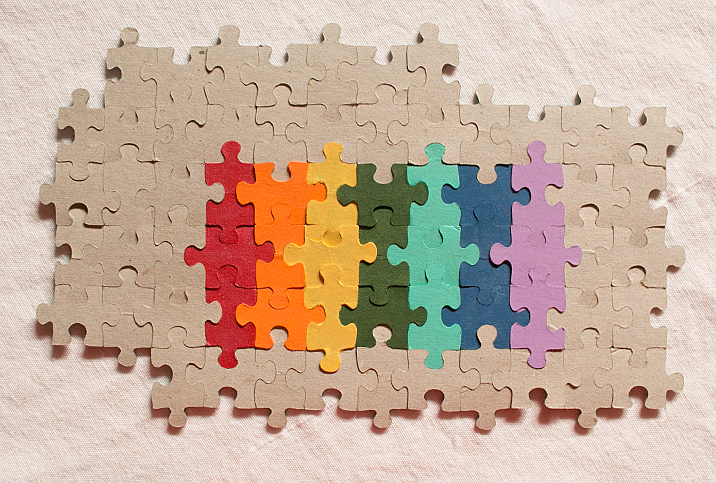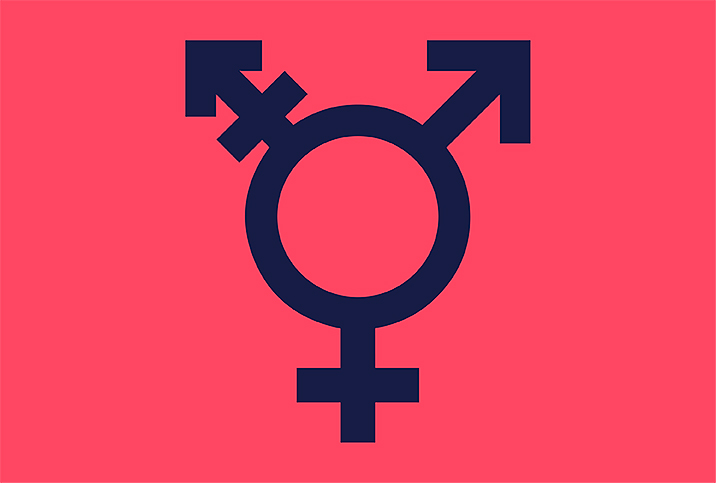Coming Out for Grownups

I am frequently told, "Oh, I've never met a nonbinary person before," and I feel it's my responsibility to break the news to you: You most definitely have.
You can't tell a person's sexuality or gender just by looking at them, and not everyone is public about their identities. In fact, a 2013 Pew Research Survey of LGBT Americans found that only about half of all LGBT people were "out" to their family, friends and co-workers.
What is 'coming out' and who does it?
The phrase "coming out" originated among gay men, who used it as a reference to debutante culture, where a young woman's "coming out" was her introduction to high society (and a signal that she was available for courtship leading to marriage). Gay men mimicked the phrase to mean that they had told other gay men that they, too, were gay.
No one is entirely sure where the closet came in, but these days, coming out refers to the process of telling people that your gender, sex or sexual orientation isn't what larger culture might presume.
This is, unfortunately, not a single event. Cisheteronormativity—that is, the culture in which people are presumed to be straight (cisgender and endosex) unless proved otherwise—is so ubiquitous that people who don't conform to such presumptions might be stuck constantly coming out. Every new relationship potentially requires a coming out, and every interaction requires us to assess our safety and make a series of decisions about what information is safe and appropriate to disclose.
It's common to hear that queer, trans or intersex people knew from a very early age that something about their identity was nonconforming, but that isn't always the case. Some of us know young, and others do not. Some of us come out as soon as we know, and others never speak of it. It's not uncommon for people to come out well into their golden years.
How to come out as an adult
When I came out, I did it in this order: Facebook, Twitter, Instagram, my husband, my professional colleagues and editors, my extended family and, finally, my other immediate family. My experience is quite common. Many people feel safer making public changes to their gender expression in curated online spaces. Several people I've interviewed for other articles announced their pronouns on social media first.
Many people who are considering pronoun or name changes find it beneficial to practice with new language in safer spaces, such as Facebook groups specifically for trans and nonbinary folks. Coming out when one is an adult can feel fraught, especially when online spaces may seem dominated by a younger generation. Your relationships with family and friends may feel more rigid, or you may have far fewer friendships than you did in your teens or 20s, making each one more precious and precarious. It's important to remember, foremost, that you don't owe the process of coming out to anyone.
When you are ready, though, you can find some great guides and tips online. The UK-based LGBT advocacy group Stonewall recommends choosing one close friend or relative to come out to first, someone you suspect will be supportive. The group advises you then prepare beforehand to answer or respond to any questions they might have, even if your response is simply to say that you aren't ready to answer just yet.
The Canadian LGBT youth advocacy group OK2BME suggests you might even visit a therapist, counselor or peer-support worker who specializes in sexuality or gender, to practice talking about your gender or sexuality in a no-pressure environment.
We still need coming out stories—the good, the bad, the hilarious and the ugly. Read more about what other older people have experienced when they came out, and when you are ready to live it yourself, remember that your story might help someone else tomorrow.


















